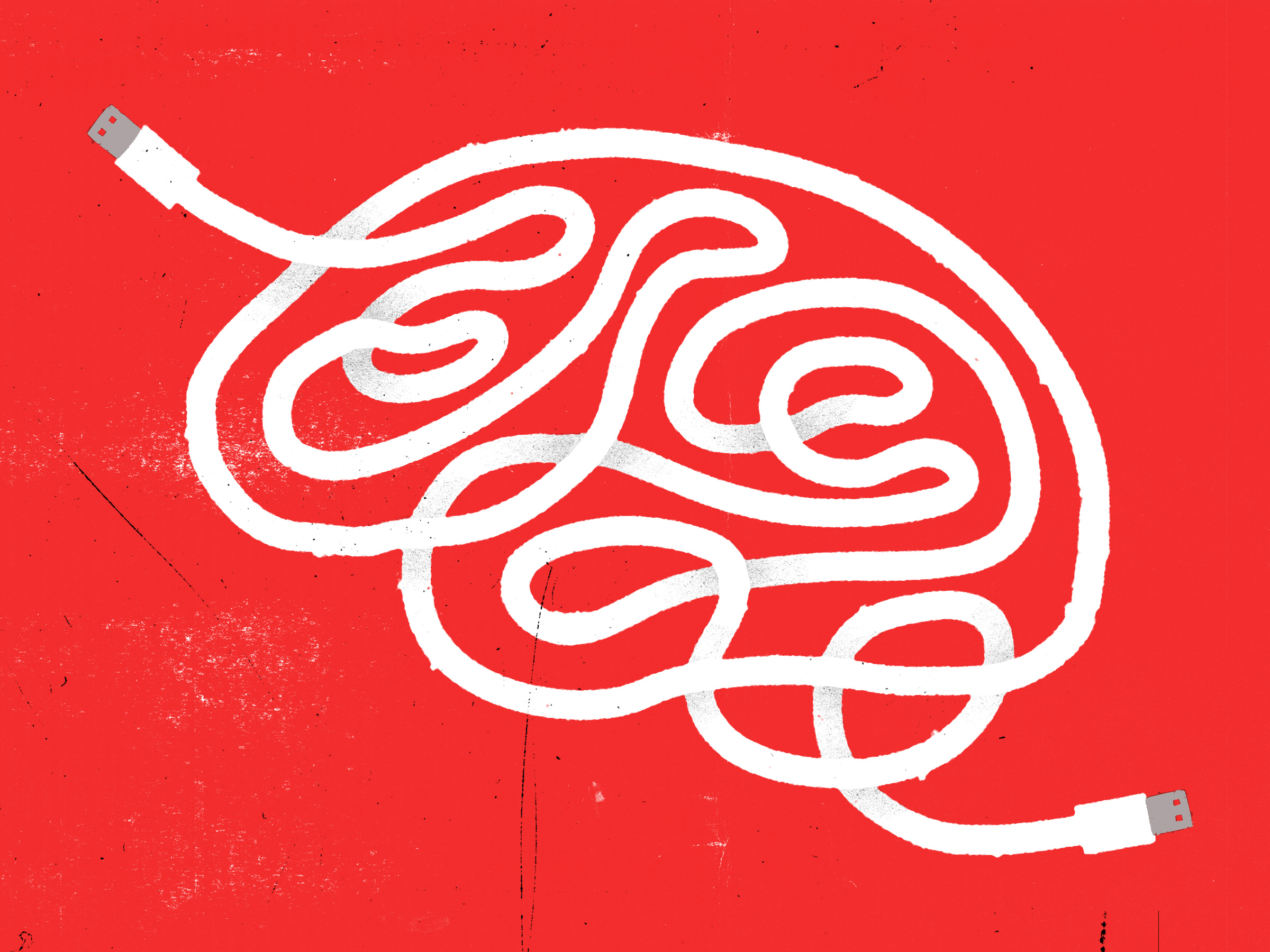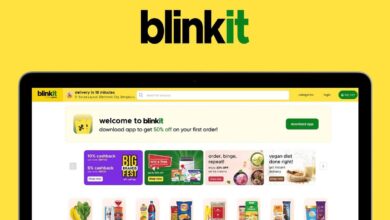
As the COVID-19 pandemic has hit many nations, imposed lockdowns in most parts of the world, the mental health issues have taken their toll on most of the population suffering from mental health disorders. Mental health issues come up with many kinds of prominent stigmas around people. People having mental health disorders are given tags like ‘lunatics’ by society. It leads to a vicious cycle of shame, suffering, and isolation of the patients. Also, there is a severe shortage of mental healthcare workforce and mental health awareness.
According to a WHO study, 792 million people are suffering from mental health disorders which are 10.7% of the population globally, out of which about 90 million people belong to India.

Even in “normal” times, many studies have found that loneliness and isolation can be “twice as harmful to physical and mental health as obesity.” With the outburst of COVID-19, millions of people worldwide are under house arrest, and they are facing multiple challenges related to health issues. Lockdown has restricted many people from stepping out of their homes for therapies.
But thanks to technology, many applications prove to be a boon for everyone suffering from mental health issues. Researchers have found that isolation and loneliness can seriously trigger one’s thought process and way of living. Thus, many online therapy apps can help a mental health sufferer stay in the present moment and experience thoughts, feelings, and emotions without judgment. That can make us more resilient to stress, be more compassionate towards others, and increase our ability to focus.
Almost everyone knows the benefits of meditation, but adopting the practice isn’t easy. Some applications allow you to schedule your meetings with actual therapists against a premium fee. And other than that, there are other applications too that will enable us to chat with therapists or AI’s, provide guided meditation, manage paranoia and anxiety through certain activities for free.
Puneet Manuja is the cofounder of YourDost of an online counseling startup. Premiere applications like Headspace, Calm, Sanvello, and other mental health applications have seen an increase in the streamflow of users since the Coronavirus outbreak. Said, “We have added 60% new users over the last two weeks and hundreds have reached out due to the Covid-19 outbreak.”

Headspace’s chief science officer, Megan Jones Bell, says there has been a 19-fold increase in people downloading stress-relieving meditation app from march to mid-May. Another similar mental health app called Sanvello has responded similarly, releasing its premium content for free.
Monika Roots, Sanvello’s chief medical officer, says that the app’s mood tracker started seeing mentions of the words “COVID-19” or “coronavirus” on January 22, the day President Trump told CNBC the virus was “totally under control.” By February 16, “mentions of the words “COVID-19” and “Coronavirus” were up 157%. By the last week of February, they were up 509%. And by the week of March 9, mentions were up 605% from the week previous.”
According to the mobile insights and analytics platform App Annie, the number of downloads has doubled since mid-March, around 750,000 new downloads and 25% more than the average of January and February. Trends have shown that Android users have spent 85% more time on these apps than usual, leading to which the businesses of these apps have also increased more than 30% of their regular income.

The market offering of apps and digital therapeutics has been growing since the COVID-19 outbreak. The apps are making bold differences in helping people to recuperate from mental health disorders. Indeed, these apps are doing considerably well in countries like the USA, UK, China, India, and Japan, heavily affected by the coronavirus. But the company is promoting the benefits of meditation in other countries as well. These mental health apps have proved to be an excellent solution to overcome some serious mental health issues in this global time.
The mental health app provides tools and techniques for better understanding mood and noticing change patterns in behavior. It also helps to be more self-aware, improve mental well-being, and provide guided meditations, which has permitted many people to stay conscious and in good health throughout the lockdown.
Among the whole global pandemic and economic crisis, these therapy apps are the ones whose businesses are burgeoning.
Article Proof Read & Edited By Shreedatri Banerjee



